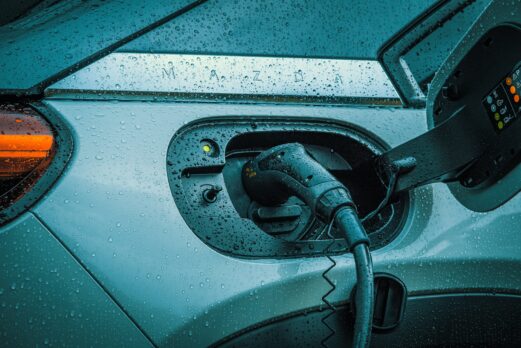
As cities around the world experience rapid growth, they need to ensure they can expand sustainably, operate efficiently, and maintain a high quality of life for their residents.
With the increase in droughts in many parts of the country, water is becoming a scarce and precious resource. Even in regions where water is plentiful, distribution systems are aging, demand is rising, and managing this precious resource is critical.
Our aging water infrastructure systems have long been an out-of-sight, out-of-mind problem. But water loss from failing pipes, faulty meters, and theft often means lost revenue for utilities and higher rates for consumers.
An estimated 2.1 trillion gallons of treated drinking water leaks from outdated systems in the U.S. alone each year. The American Water Works Association indicated that the 237,600 water line breaks that occur each year cost public water utilities approximately $2.8 billion annually.
In North America, it’s estimated that water utilities lose between 20%-50% of water in leaky aging pipes before it reaches their customers. The 2021 U.S. Infrastructure Report Card estimates that there is a water main break every two minutes, resulting in an estimated 6 billion gallons of treated water lost daily in the US, or enough to fill over 9,000 swimming pools. And worldwide, the World Bank calculated that non-revenue water (NRW) — the cost of water lost to leaks along with standard theft and billing errors — exceeds $14 billion.
While these water loss statistics might dampen our spirits, there is good news: smart technologies are providing a way forward. They offer real solutions that are making dramatic dents in lost water and water system inefficiencies and can help ensure more sustainable water resources for our growing cities.
Best practices include state-of-the-art auditing methods, leak detection monitoring, targeted repairs or upgrades, pressure management, and smart metering technologies.
Fixing leaks can also reduce the amount and cost of energy needed for water production and distribution as it takes water to generate energy, and energy to generate water services. Approximately 75 percent of the cost of municipal water processing and distribution is tied to electricity needs.
Reducing leaks can help lower energy demand and cut water production costs, while benefiting citizens. Our cities can no longer afford to lose billions of gallons of treated water to crumbling infrastructure.
Learn more @ Itron

The world is driving towards a new era of electric transportation. This is good news for fighting the climate crisis,…

July 2023 was the hottest month ever recorded with temperatures shattered around the globe. Hundreds of millions of people across…

Every day you see more and more electric vehicles (EVs) on the road, with estimates that more than half of…